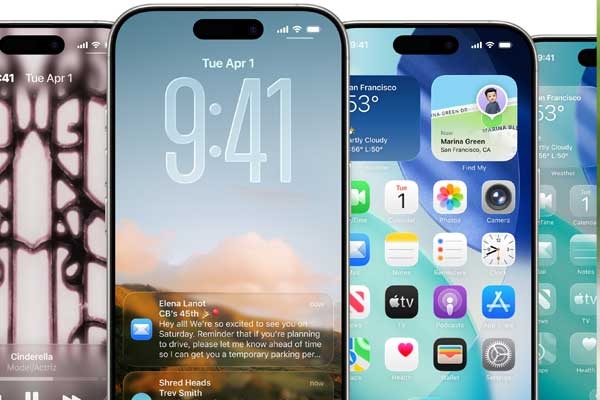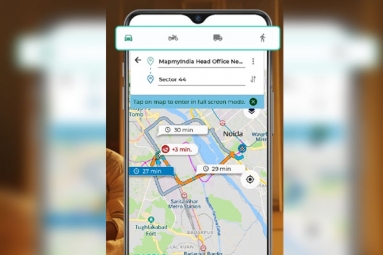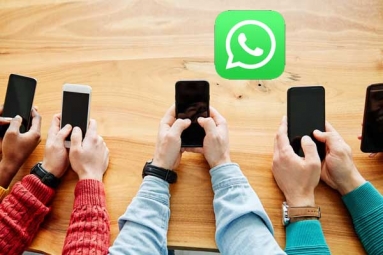
(Image source from: x.com/theapplehub)
Apple has secretly created its own app similar to ChatGPT, but it isn't available for users. As reported by Bloomberg, this experimental tool is being utilized within the company to test a significant redesign of Siri. Unfortunately for everyone else, this enhanced chatbot won’t be found on the App Store anytime soon. The internal app supports Apple engineers in testing new features intended for Siri, such as improved context awareness, multitasking capabilities across various apps, and better integration with personal data. Imagine Siri having a much improved memory and more proactive behavior. The internal chatbot, rumored to be called Veritas, provides Apple’s engineers with a more efficient way to test advanced Siri features. The tool can access personal information, including emails and music collections, as well as perform tasks like editing photos, according to Bloomberg. Though it is only for internal testing, this project shows Apple’s commitment to revamping its virtual assistant.
Veritas is designed similarly to other popular chatbots, allowing for multiple ongoing conversations, recalling previous interactions, and facilitating longer, more natural talks. At its foundation is Apple’s new system, Linwood, which combines in-house large language models with technology from other AI companies. Bloomberg had previously mentioned that the layout is quite alike to various well-known chatbot apps, featuring multiple discussions sorted by subject, the ability to refer back to earlier chats, and support for longer, smoother conversations instead of just brief responses. In summary, it is Apple’s own version of the ChatGPT model, created specifically for internal experiments. Apple has been developing this enhanced Siri since the release of iOS 18. Initially, the goal was to introduce what it called “Apple Intelligence Siri” with that version, but the rollout was postponed after not meeting Apple’s high standards. Instead, the company chose to start fresh and completely reconstruct Siri on a new basis.
Apple is said to have abandoned the first idea called “Apple Intelligence” and is instead focusing on what leaders are referring to as a new and improved system. The goal is to speed up Siri’s transition to advanced language models, the same technology found in ChatGPT, Claude, and Google’s Gemini. The upcoming version of Siri will do more than just set timers and answer questions. Apple is preparing it to have ongoing chats, reply in a more human-like manner, and manage complex requests that go beyond the limited commands it can handle today. This is a significant change for a virtual assistant that has often been criticized for not keeping up with competitors. Patience will be necessary. Reports indicate that Apple plans to introduce the LLM-enabled Siri in early 2026, probably linked to the iOS 26.4 update in March. This is a full year later than the company originally anticipated. The delay highlights Apple’s careful approach to launching incomplete AI tools, especially given the importance of integrating these technologies into products used by millions.
However, there is more than just advanced technology coming. By late 2025, Apple is expected to showcase a revamped appearance for Siri, which is said to be a more "humanoid" visual style, possibly inspired by the classic Finder logo from Macs. This is simply a visual change, but it is clearly meant to indicate that Siri 2.0 is very different from before. Apple is not working alone. The company has reportedly discussed collaborating with OpenAI, Anthropic, and Google to see if they can use third-party models for their new assistant. This could mean that the Siri of 2026 might not be entirely developed by Apple, marking a significant change for a company that usually takes pride in creating everything in-house. At this moment, the only people interacting with this new experimental Siri are Apple’s engineers. If everything goes according to plan, the rest of us might soon experience a version of Siri that feels less like a digital assistant from 2011 and more like a real conversational partner.










